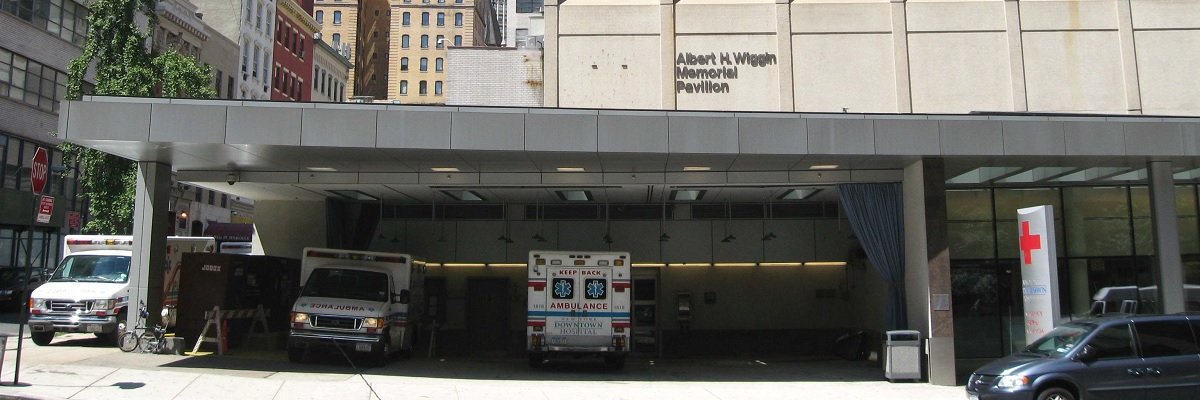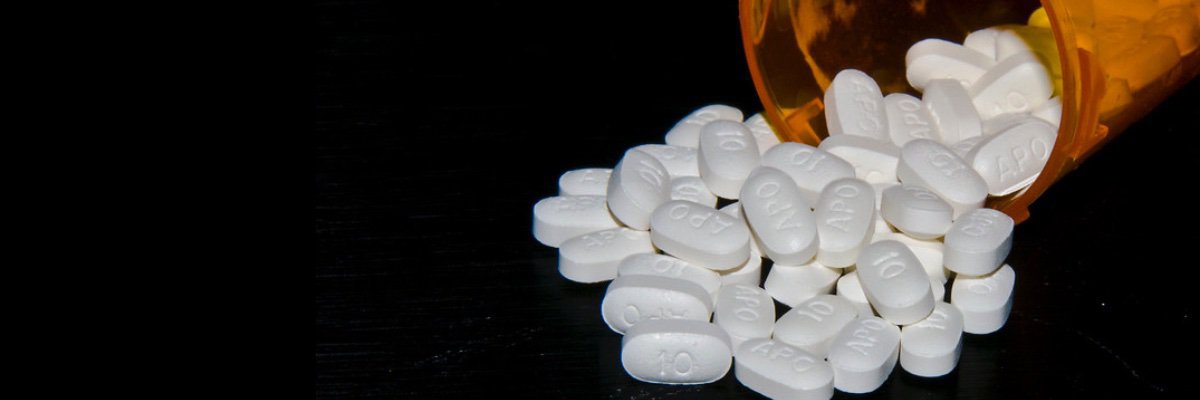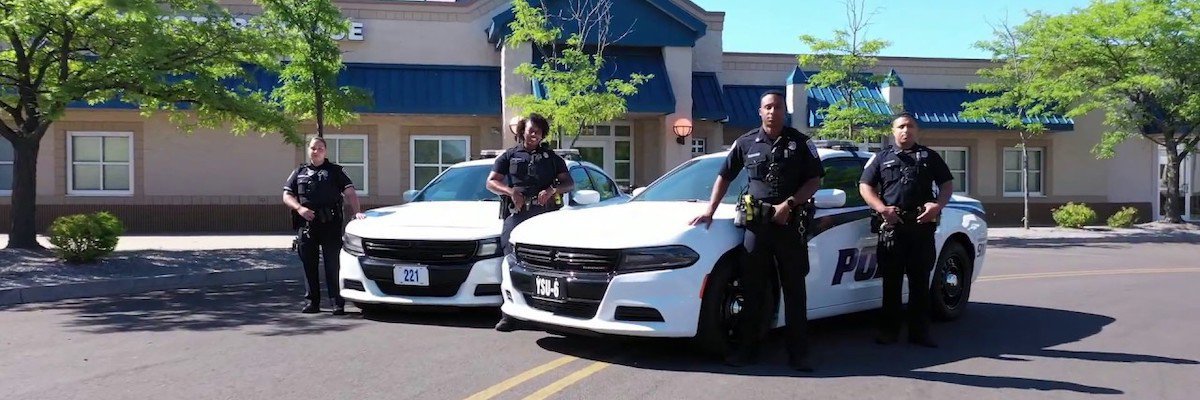New York state is one of the few in the country that doesn’t have a statute of limitations for prosecuting rape. Recent legislation requires law enforcement departments to send “rape kits,” or bags of evidence collected during a sexual assault exam, to forensic labs within ten days of receiving them. However, neither of these regulations apply to the hospitals that perform the majority of sexual assault exams.
Rape victims, whose bodies have suddenly become crime scenes after an assault, are scoured for evidence and treated for injuries. But the DNA samples in these rape kits - crucial evidence for prosecuting criminals - is not required by federal law to be tested, often only being sent to the police when a victim explicitly requests to open an investigation. Manhattan District Attorney Cyrus Vance, Jr. is working to change this in his district, teaming up with a similar Bureau of Justice program spearheaded by Joe Biden.
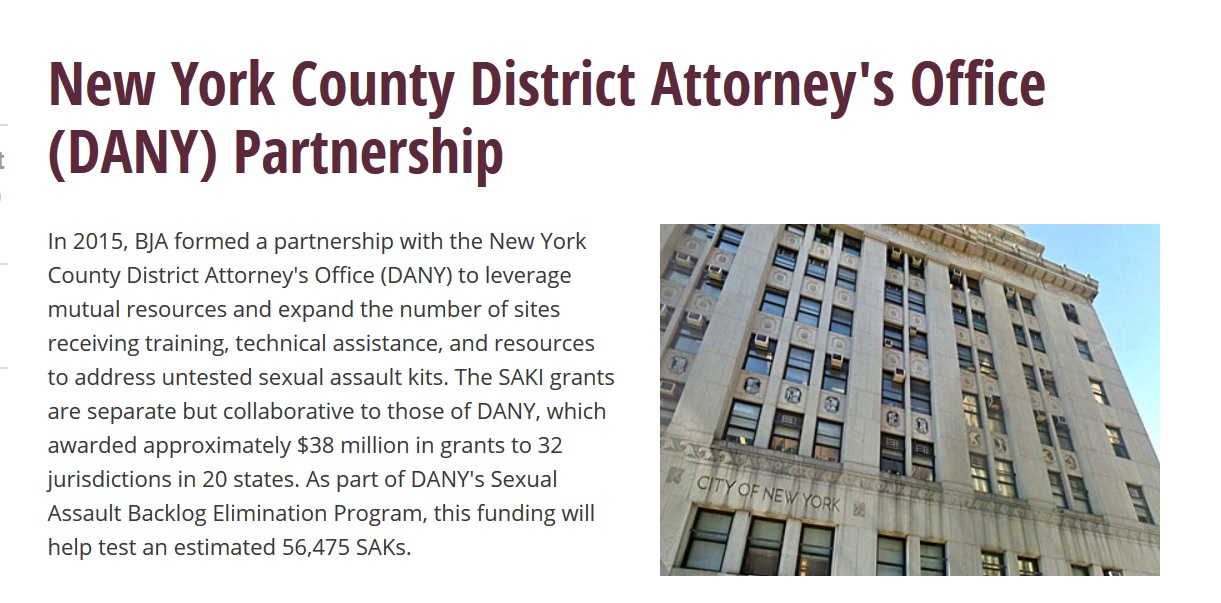
“Women are treated differently than men in the criminal justice system,” said Chief Assistant Manhattan District Attorney Karen Friedman Agnifilo, pointing to a history of New York laws, such as having to prove “earnest resistance” and needing corroboration for reports of sexual assault. “No other crime needed corroboration.”
According to Agnifilo, the backlog of untested rape kits is a “a two-pronged issue - testing and investigation,” and both are impeded by a combined lack of resources and failure to prioritize these crimes.
In collaboration with Broadly, we’ve been tracking sexual assault laws, department policies, and backlog numbers throughout the country. And while many jurisdictions are taking steps to eliminate their backlogs and give victims the justice they deserve, the data we’ve found shows a need for continued urgency.
Under New York Public Health law, hospitals only need to keep rape kits for 30 days, after which the DNA evidence will be destroyed. If the victim elects to press charges, the kit will be sent to the police department, which in turn sends it to a crime lab to test for forensic evidence.
“In no other crime does evidence get destroyed,” said Amanda Nguyen, CEO and founder of Rise, a nonprofit that has formed to fight against the destruction of rape kits. “It’s a double standard set for survivors, who are majority female, and is a clear and prominent gap in our justice system.” Through Rise, Nguyen, herself a survivor, is working to implement a Survivor’s Bill of Rights in every state.
The New York City Health and Hospitals Corporation is the largest public healthcare system in the country, and this summer we requested data from them on how many rape kits have been collected, sent to the NYPD, or destroyed in the last 17 years - a timeframe that reaches back before newer legislation, like an end to the statute of limitations and the mandate to send evidence to a lab within ten days, was passed, offering long enough to see trends. The company, which operates 11 acute care hospital facilities within New York City, only had data reaching back to 2012, but what we did learn from it points to a troubling reality.
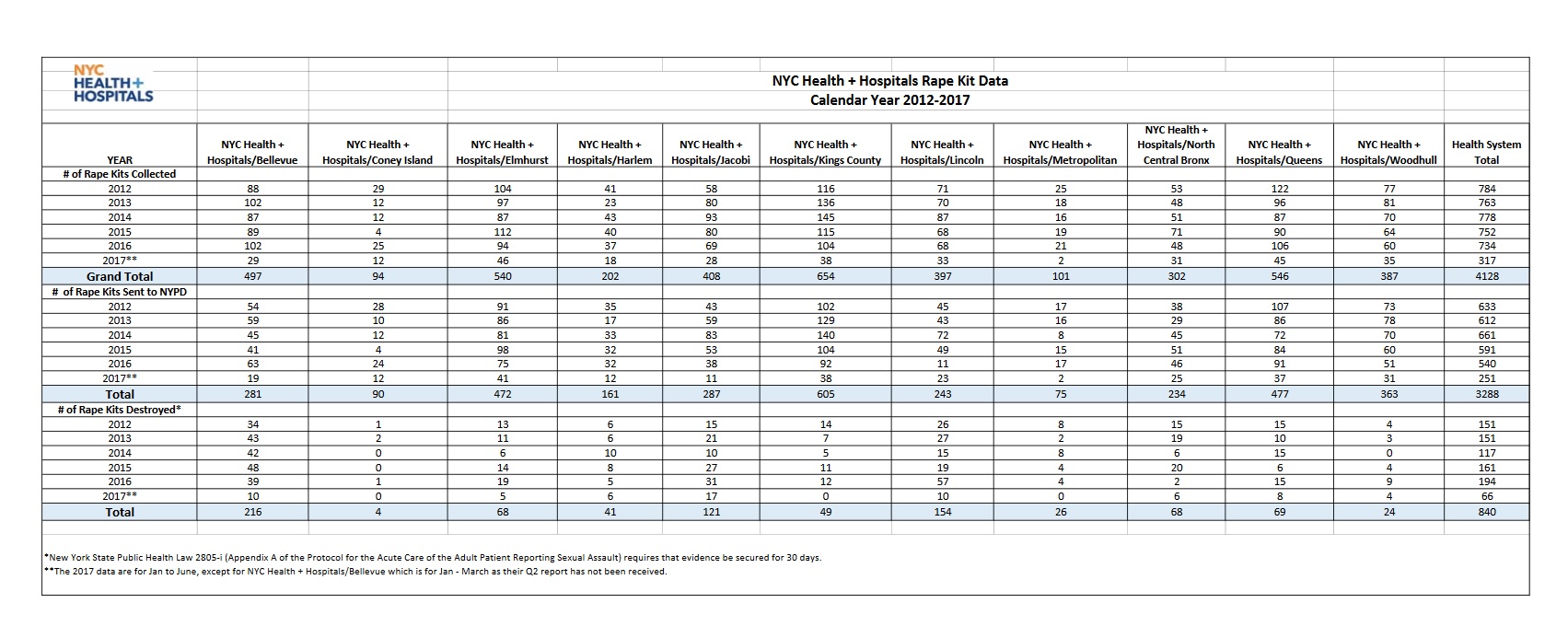
Since 2012, 840 kits - an average of about 20 percent of all kits collected by NYC HHC since then - have been destroyed before being sent to NYPD. Bellevue, the oldest hospital in the system, destroyed more than 43 percent of their kits collected in the last five years. The data shows that some years, more kits were destroyed than were sent to NYPD. Bellevue, for example, destroyed a little over half in 2015. Jacobi hospital has destroyed 17 out of 28 kits so far in 2017. And last year, the Lincoln location destroyed 57 out of 68 total kits.
“NYC Health + Hospitals works very closely with survivors of sexual assault through treatment and counseling to ensure patients understand their options,” said a spokesman from the corporation.. “The health system is committed to honoring the decisions of our patients and complies with their wishes following a sexual assault forensic exam.”
The decision to release a rape kit to the police, they added, “reflects the wishes of the patient, and not the hospital,” and “if at the 30-day mark a patient is unsure of how they want to proceed, the hospital will hold the evidence until the patient is ready to make a decision.”
Unlike California and other states, New York does not have a statute of limitations on rape. While advocates often herald this as a pro-victim policy - allowing survivors time and space before deciding whether or not to press charges - the gesture means little if the DNA evidence isn’t held until then and can, instead, be destroyed by hospital officials. “Destroying evidence hinders the case and inhibits survivors ability to seek and receive justice,” said Nguyen. “Preserving rape kits doesn’t exclusively benefit survivors. It benefits the accused and law enforcement officers as well. Keeping rape kits means the DNA evidence is preserved, ensuring people will not be falsely convicted of rape charges. It allows law enforcement to do their jobs to their best standards.”
Testing rape kits has proven, over and over again, that the evidence contained within them is essential. Because so many of these crimes are committed by serial rapists, affecting multiple states, destroying kits before they’ve been tested is not only unfair to the victim, it’s also an injustice that undermines the law enforcement’s ability to prevent future assaults.
When kits are tested and perpetrators are held accountable under the law, we begin to reduce the odds that they’ll repeat the offense. But departments and politicians neglect to do this by allowing kits to be destroyed before the statute of limitations is reached or to sit untested for years.
Before we applaud New York’s good work on sexual assault reform, we must recognize the loopholes currently existing in the public health law, as well as the logistical limitations preventing their closure, which allow sexual violence to exist unprosecuted just as the backlog of untested kits does.
A version of this article was published on Broadly
Image by Jim Henderson via Wikimedia Commons
